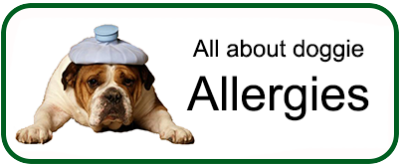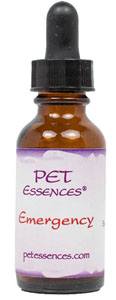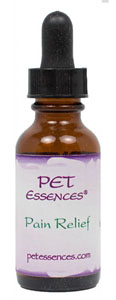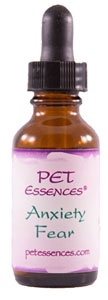Does my dog have allergies?
Causes and Triggers of
allergies in dogs
While shopping at my local shopping centre, I met a woman a delightful woman with a great sense of humour. What I remember most vividly about our encounter was the text emblazoned across the front of her tee shirt:
We got rid of the kids -the dog was allergic!
While it was a fabulous ice breaker and a very funny one at that, the truth is that pet allergies are no laughing matter. Like their human parents, dogs can develop allergies to many substances in their environments. Scratching, sneezing and upset tummmies, among other uncomfortable symptoms, which confuse and worry many pet parents. I have researched and written about dogs of all sizes and breeds for donkey's years and have had many opportunities to study this extremely complex topic. I hope the information and insight I have gained might be of help to you as well as it has been to me.
One of the most common reasons that people take their dogs to the vet is allergy related skin problems - one of the main causes of allergies.
Pet owners nowadays are pretty familiar with the terms "dog allergies" and "allergens" but few are familiar with the reasons why they drive our best friends crazy.
So what are the causes of allergies in dogs?
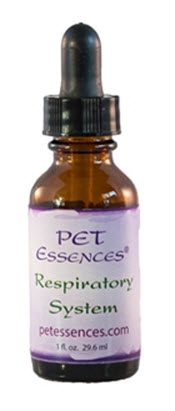
Allergies are caused by an immune system response to the presence of various proteins in the environment. These proteins can be in food, in the air, places where your dog rests, or elsewhere in the dog’s environment.
Proteins do not mean just meat, every living thing contains protein. This means, over time your dog can develop an allergy to any sort of plant, fungus, pollen, insect or other creature, as well as protein sources in commercially prepared food.
Causes of allergies in dogs are referred to as simply allergies, atopy, skin allergies, flea bite dermatitis, or food allergies. If you have a dog with allergies, you may have heard one or more of these terms used by your vet.
How do allergies work?
Whether your dog is going to suffer from allergies or not is all linked to its immune system and how it responds when it is exposed to proteins in the environment.
When a dog's immune system comes in contact with protein allergens, it immediately creates immune complexes called "immune globulin E molecules" - IgE for short.
These IgE molecules search out "mast cells" and set about binding themselves to the outside of the cells. This binding process is known as “sensitization” and simply means that your dog’s body is “priming itself" to act, should that particular protein allergen show up again.
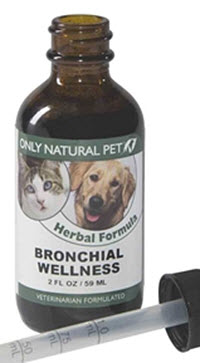
The next time the "known" allergen/s enter the dog's body they are "captured" by the IgE's. Once trapped, the body’s histamines come to the rescue and “attack” the bound allergens in an attempt to destroy them - thus causing what we know as "an allergic reaction".
The actual time taken for IgE's to build up to the allergic reaction stage varies from allergen to allergen and dog to dog. Some need very little exposure to trigger off an attack whilst some take days/weeks and others don't react at all.
It is the actual location of mast cells which determines where allergic reactions will take place.
In dogs, mast cells are more common in the skin, ears and digestive tract, which is why dogs react with skin rashes, itchy skin and ears, and upset tummies when they suffer from an attack.
In humans, mast cells are more commonly found in the respiratory tract - which is why humans usually experience sneezing and coughing reactions to allergens.
Some proteins are pretty easy to avoid, and by doing so you can reduce causes of allergies and allergy symptoms. For instance, if by trial and error you know your dog is allergic to dairy foods then you simply delete all things dairy from its diet.
On the other hand, the principle of avoidance doesn't work so well for dogs with grass or pollen protein allergies, mainly because these kinds of allergens are here there and everywhere and its not possible to completely remove them from your pet's environment.
The list of allergens and causes of allergies that dogs can be allergic to is endless, however we have compiled a list of the main offenders and hope this will prove useful to you in reducing allergy attacks in your dog.
If you suspect that your dog's allergy is food related, you can always trya 12-Week elimination diet trial which can very successful if you and your dog stick to it!
- Protein in flea saliva
- Fungal diseases (including ringworm and mange
- House dust and dust mites
- Food additives such as preservatives and colourings
- Meats
- Grains
- Soy products
- Dairy products
- Chocolate
- Weeds
- Trees
- Grass
- Pollens
- Fungus
- Mould spores and mildew
- Microscopic spider-cousins
- Rubber and plastic materials
- Canine vaccinations
- Medications
- Chemicals, e.g. pesticides
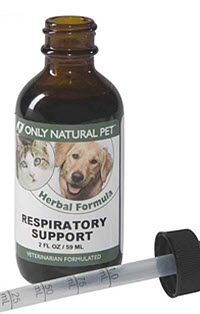
This article and information forms part of the Carole's Doggie World Holistic Library and is presented for informational purposes only.The information is not intended to be a substitute for visits to your local vet. Instead, the content offers the reader information researched and written by Carole Curtis for www.carolesdoggieworld.com

